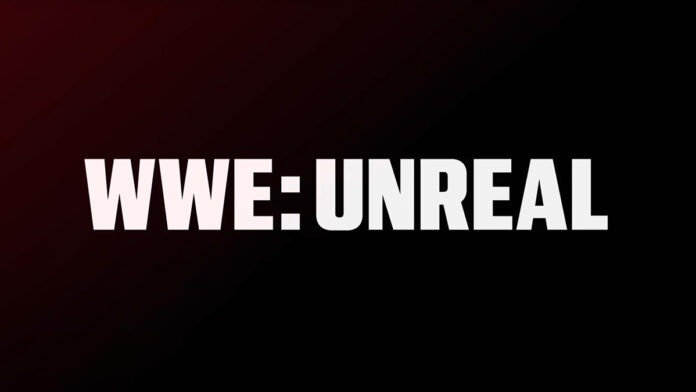Former WCW President Eric Bischoff believes the upcoming Netflix documentary series ‘WWE Unreal’ represents a strategic opportunity to deepen fan engagement, provided the company can balance education with preservation of wrestling’s mystique.
Speaking on his “83 Weeks” podcast alongside co-host Conrad Thompson, Bischoff addressed Stone Cold Steve Austin’s concerns about exposing too much of wrestling’s inner workings, while offering a more pragmatic perspective on the evolution of sports entertainment.
“I have mixed emotions like Steve, and I’ve often used the analogy of magic and kayfabe, so I get where Steve is coming from and agree with him in many respects,” Bischoff explained. “But there’s another side of it as the business continues to grow and evolve, and finding ways to connect and engage with the audience continues to grow and evolve, and you have to grow and evolve with the business of the entertainment business.”
The discussion came in response to Austin’s recent interview with Ariel Helwani, where the WWE Hall of Famer expressed reservations about pulling back the curtain too far: “If Harry Houdini was still around, I don’t want him to tell me how he does it. I want to try to figure out how he does it… So don’t tell me how he’s doing it, but see if I can figure it out because I want to think that I know that it’s not magic.”
The UFC Comparison: Education as Engagement
Rather than viewing behind-the-scenes content as potentially damaging, Bischoff drew compelling parallels to UFC’s successful strategy of educating viewers about the technical aspects of mixed martial arts.
“Let’s look at MMA as an example. Twenty years ago, if you asked somebody what a rear naked choke was, they would probably immediately think it’s some kind of a sexual kick. Nobody knew what a rear naked choke was,” Bischoff said. “Right now, if you take any fan out of the 20,000 people that show up at a UFC event or find anybody sitting at a bar… everybody knows what that is.”
He elaborated on this “infotainment” model at length:
“UFC has done a phenomenal job of educating their audience on the nuances of the sport. And in so doing, they’ve engaged the audience to become more interested. Call it infotainment. They’re giving them the information. The UFC is giving information in the form of color commentary, play-by-play interviews, and all the different means of media that UFC is being promoted across the board.”
This educational approach, according to Bischoff, has proven successful across multiple sports, creating deeper connections between fans and the product they consume.
“Nobody knew what Brazilian jiu-jitsu was outside of the people that were really in the sport or a small segment of the audience. The general population had no idea what Brazilian jiu-jitsu was, as well as any of the moves that are associated with it and holds and submissions. UFC has done a great job educating just like the NFL has educated the audience.”
WWE’s “Unreal” Opportunity
For WWE, Bischoff sees “Unreal” as potentially following this template: “This is an opportunity to showcase what goes into creating this phenomenal presentation. How did they do it?”
However, he acknowledges the risks inherent in this approach. “To Steve’s point, you risk exposing the magic,” Bischoff admits, before suggesting that the potential benefits outweigh the drawbacks for most viewers. Ultimately, Bischoff believes success hinges not on whether WWE should expose wrestling’s inner workings, but on their execution:
“That model’s proven itself across traditional sports and other forms of entertainment. The question is how do they do it? Can they do it without disappointing someone like Steve Austin or Eric Bischoff? Because I want there to be a little magic too. But if they can present it in a way that makes people appreciate and respect the product even more, then it’s a winner.”
As WWE prepares to launch “Unreal” on Netflix this summer, Bischoff’s analysis suggests the company is making a calculated bet that greater transparency will lead to stronger audience connection—a significant shift from decades of protecting “the business” at all costs.

